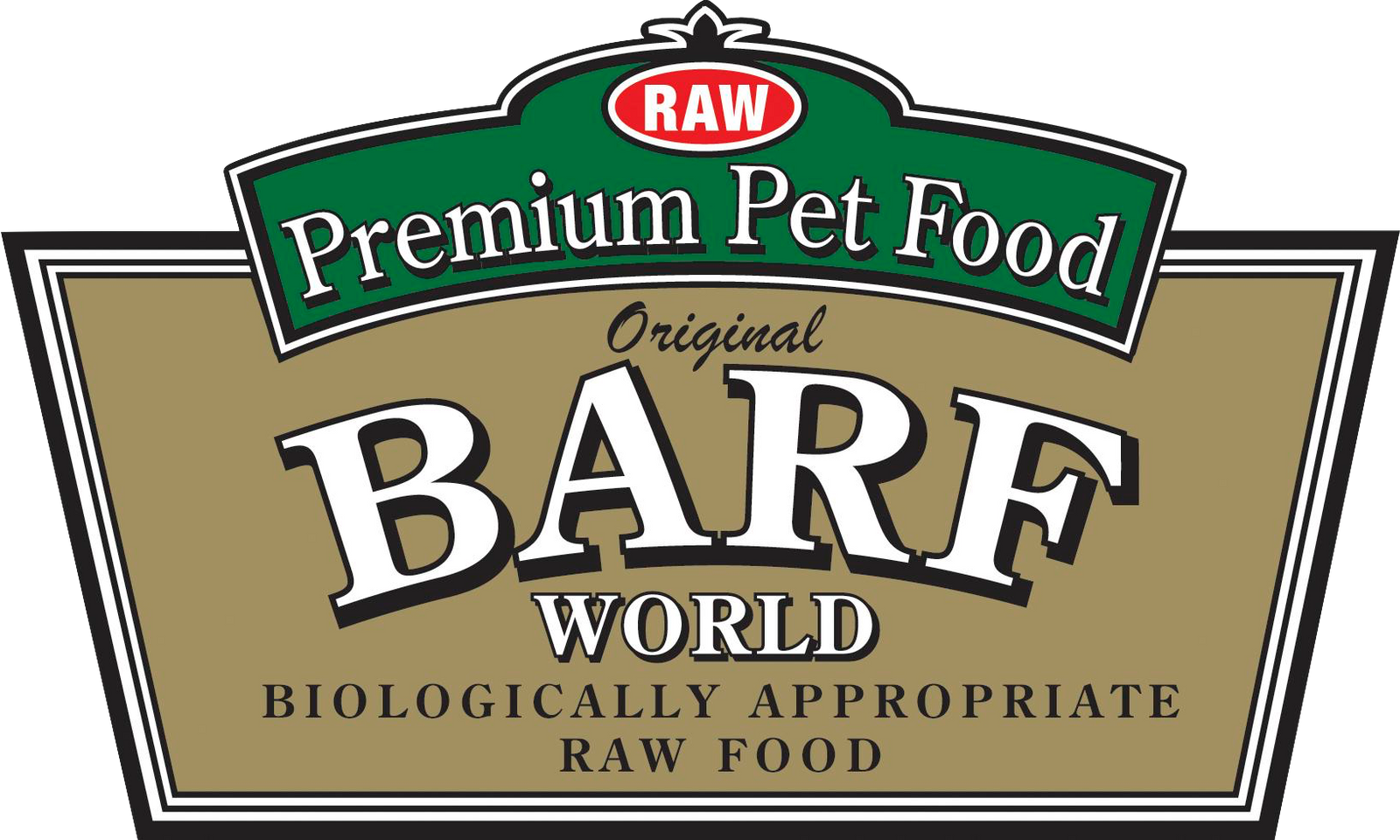According to the owners, they were not trying to be shocking by eating dog food.
Their goal was to stand behind their claim that they use only human-grade ingredients in their pet food formulas.
The Significance of Human Grade Ingredients in Pet Food
The term human grade in pet food means the finished product is legally suitable and approved as nourishment for humans. It is “edible.”
Human foods are much more rigorously regulated than foods made for animals. Unlike the loosely controlled pet food industry, the FDA and USDA regulate human foods and conduct frequent, detailed inspections of the manufacturing facilities that produce food for people.
Only pet foods made in human grade facilities, subject to the inspections and approval necessary to have human grade status, can be legally considered 100 percent human grade.
The Opposite of Human Grade: Feed Grade
In contrast to human grade pet food, feed grade is finished product unsuitable for human consumption (“inedible”). It can only be legally fed to animals (other than humans).
Feed-grade ingredients are essentially waste products of the human food industry. The bulk of these ingredients are rendered by-products derived from:
- Meat slaughtering and processing plants
- Dead animals from farms, ranches, feedlots, marketing barns, animal shelters, and other facilities
- Fats, grease, and other food waste from restaurants and stores
How Can I Find Pet Food Made with Human Grade Ingredients?
Good question. Per TheBark.com :
“We do not see too many claims about human-grade ingredients on package labels, mainly because AAFCO does not have an official definition of the term. Without an approved AAFCO definition, an ingredient or term is not supposed to be used on pet food labels. AAFCO says “human-grade” is false and misleading, and constitutes misbranding, unless every ingredient in the product—and every processing method—meets FDA and USDA requirements for producing, processing and transporting foods suitable for consumption by humans, and every producer of the ingredients is licensed to perform those tasks. Few pet food companies can meet these criteria.” i
AAFCO’s official reason for not allowing use of the terms “human grade” and “human quality” on pet food packaging is because people might mistakenly or deliberately eat the food themselves
But some small pet food manufacturers who use only human grade ingredients wonder if it doesn’t have more to do with pressure from pet food industry giants who don’t want smaller operations to have a competitive advantage.
Whatever the reason for AAFCO labeling restrictions, relatively small pet food manufacturers are where you’ll find formulas containing human grade ingredients. Those companies can, as of this writing, still legally discuss the quality of their ingredients on their website and other promotional materials, and over the phone to consumers who call for information.




